| This post continues my exploration of the literature of Jane Austen's contemporaries. Here's another long 18th century book review, this time for a "novel of fashion." |
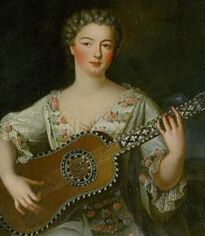
The handy thing about a Georgian-era foundling narrative is that you can show the foundling as a plucky and virtuous character struggling to find their way in a society based on birth and rank rather than merit, but, in the Big Reveal of True Parentage, you can explain that the foundling IS actually of good birth! Their good looks, excellent character and intelligence had to come from somewhere, after all.
Are novels about foundlings an attempt to subvert the social order, or does the Big Reveal reinforce the social order? Is this a way of having your cake and eating it too?
Tom Jones, the foundling in Fielding’s 1749 novel, is of illegitimate birth but other foundlings such as Edward Evilen (1796) or Rosalie in the Mystic Cottager of Chamouny (1795) and Edward Montague of A Winter in London all have married parents who have been separated through some combination of bad luck and perfidy. The Big Reveal comes about as a result of amazing coincidence: the lovely Rosalie strums her guitar in the Swiss Alps until the one person in the world she wasn't supposed to meet seeks lodging in her remote cottage. Edward Montagu is raised in a cottage within sight of his true ancestral home. He accidentally meets his father--who wrongly thinks his wife, Edward's mother, was unfaithful to him--while they are both roaming moodily around the neighbourhood...
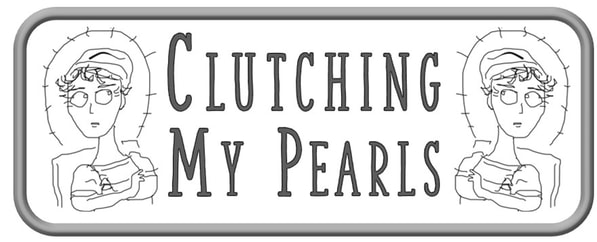
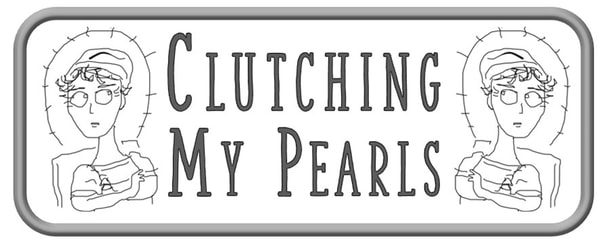
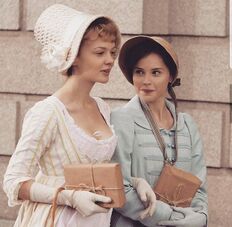
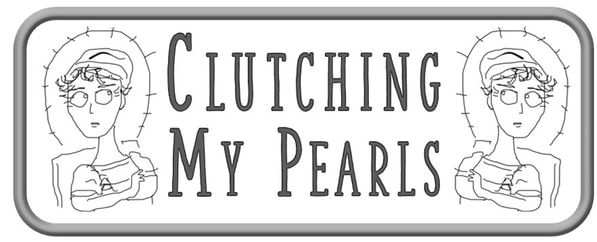
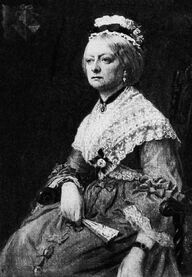
 RSS Feed
RSS Feed